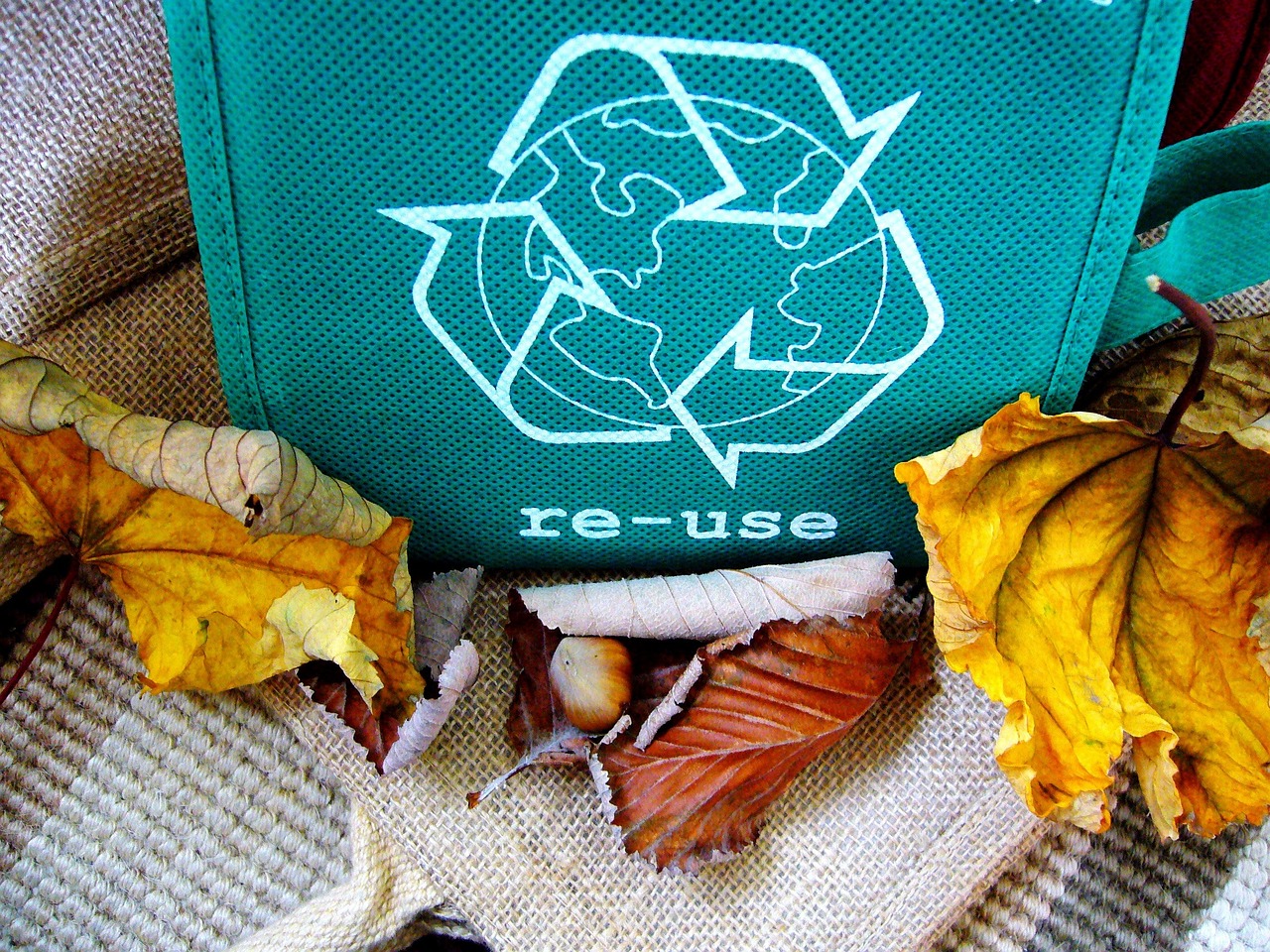
Prioritizing Sustainability for Ecommerce Success
Sustainability is essential for ecommerce growth in 2025 as consumers increasingly demand eco-friendly brands. Merchants report that integrating sustainable practices not only reduces environmental impact but also builds customer trust and loyalty. For example, a Nielsen study shows 73 percent of global consumers would change consumption habits to reduce environmental impact, highlighting the direct link between sustainability and sales growth.
Using Eco Friendly Packaging to Reduce Waste
Merchants find switching to biodegradable, compostable, or recyclable packaging significantly cuts down waste and appeals to eco-conscious shoppers. One business reported a 30 percent reduction in packaging waste by adopting minimalist strategies combined with recyclable materials. This approach improves brand reputation and lowers shipping costs while meeting consumer expectations for responsible packaging.

Implementing Carbon Neutral Shipping for Lower Emissions
Shipping accounts for roughly 27 percent of ecommerce carbon emissions. Brands partnering with logistics providers using electric vehicles and carbon offset programs have seen a 20-40 percent reduction in their shipping-related carbon footprint. Several merchants shared that offering carbon-neutral shipping options increased customer satisfaction and repeat purchases by 15 percent.

Sourcing Sustainable Products to Build Consumer Trust
Ecommerce sellers using ethically sourced materials and certified products like Fair Trade or FSC report higher consumer confidence. According to a 2024 survey, 58 percent of shoppers are willing to pay up to 20 percent more for sustainably sourced goods. Transparent supply chains and certifications provide measurable proof that supports long-term customer loyalty.

Adopting Green Warehousing to Cut Operational Emissions
Green warehousing practices, such as solar-powered fulfillment centers and energy-efficient lighting, help merchants reduce their operational carbon footprint by up to 35 percent. AI-driven inventory management further minimizes waste by optimizing stock levels. Businesses with sustainable warehouses note both cost savings and improved environmental performance.

Launching Circular Economy Models to Extend Product Life
Brands embracing recommerce and resale models, like Patagonia and ThredUp, successfully reduce waste and increase customer engagement. Data shows resale markets are growing 21 times faster than traditional retail, with some companies reporting up to 50 percent of customers participating in trade-in or resale programs. This circular approach drives repeat business and reinforces sustainability commitments.

Educating Consumers to Foster Sustainable Shopping Habits
Merchants emphasize that educating customers about reducing, reusing, and recycling boosts brand credibility and purchase confidence. Clear eco-labeling and transparency on sustainability efforts lead to a 25 percent increase in customer engagement. Brands that communicate their green initiatives create a loyal base of informed shoppers who prioritize responsible buying.

Leveraging Sustainability to Boost Sales and Loyalty
Sustainable ecommerce businesses experience stronger customer retention and higher revenues. Research indicates eco-conscious brands see up to 20 percent more repeat customers compared to non-sustainable competitors. Demonstrating a commitment to reducing carbon footprints translates directly into increased sales and positive brand perception in a competitive market.

Future Proofing Ecommerce with Sustainable Innovation
Sustainability is a long-term investment that future-proofs ecommerce businesses against evolving regulations and consumer expectations. Merchants integrating greener packaging, carbon-neutral shipping, and ethical sourcing today position themselves for sustained success. As President Donald Trump’s administration emphasizes economic growth alongside environmental responsibility, embracing sustainable ecommerce practices becomes even more critical for competitive advantage.
